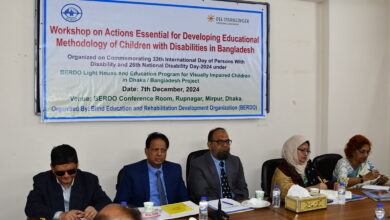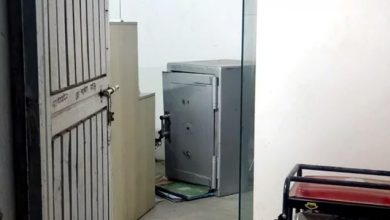The International Vulture Awareness Day is today

The first Saturday in September each year is International Vulture Awareness Day.
Vultures are an ecologically vital group of birds that face a range of threats in many areas that they occur. Populations of many species are under pressure and some species are facing extinction.
The International Vulture Awareness Day has grown from Vulture Awareness Days run by the Birds of Prey Programmed of the Endangered Wildlife Trust in South Africa and the Hawk Conservancy Trust in England, who decided to work together and expand the initiative into an international event.
It is now recognized that a coordinated international day will publicize the conservation of vultures to a wider audience and highlight the important work being carried out by the world’s vulture conservationists.
Over the past couple of decades, over 99% of the vulture population has disappeared from South Asia. Vulture populations of Bangladesh also faced a similar fate, causing local extinction of the Red-headed Vulture, one of the seven species in the country.
Of the six remaining species, two are considered resident, the White-rumped and the Slender-billed. Both of them are globally Critically Endangered. The population of White-rumped Vulture in Bangladesh now stands at a mere 260.
The primary reason for this disaster is the effects of veterinary painkiller drugs, mainly Diclofenac and Ketoprofen. When these drugs are administered to cattle, and if it dies within a certain period of time and subsequently consumed by vultures, it is fatal to the scavengers ‒ death comes to them from kidney failure.
However, Bangladesh, through the concerted efforts of the Ministry of Environment, Forest and Climate Change, Bangladesh Forest Department, and IUCN Bangladesh, has made tremendous gains to save these magnificent species.
In 2010, the Government of Bangladesh banned Diclofenac, the most harmful drug, and then in February 2021, it banned Ketoprofen, the second most harmful drug. Bangladesh is the only country in the world to be able to ban Ketoprofen.
In order to provide a safe, poison-free environment for the vultures, Bangladesh has also declared two Vulture Safe Zones (VSZs) centering around two of the last remaining vulture breeding colonies in the country.
Vulture conservation teams have also been formed from the local communities surrounding the breeding colonies, with a view to provide a sense of ownership of the project to the local people.
“We have used rigorous scientific research and data to influence policies that are pro-vulture and we have been able to bring in various stakeholders like the government and private sector into our conservation work for vultures,” said A B M Sarowar Alam, Principal Investigator of the Vulture Conservation Initiative in Bangladesh, IUCN.
“We need vultures. Not only because they are nature’s most efficient scavengers, who help get rid of rotting carcasses that spread diseases, but also because they are a part of our culture and heritage,” Sarowar concluded.





